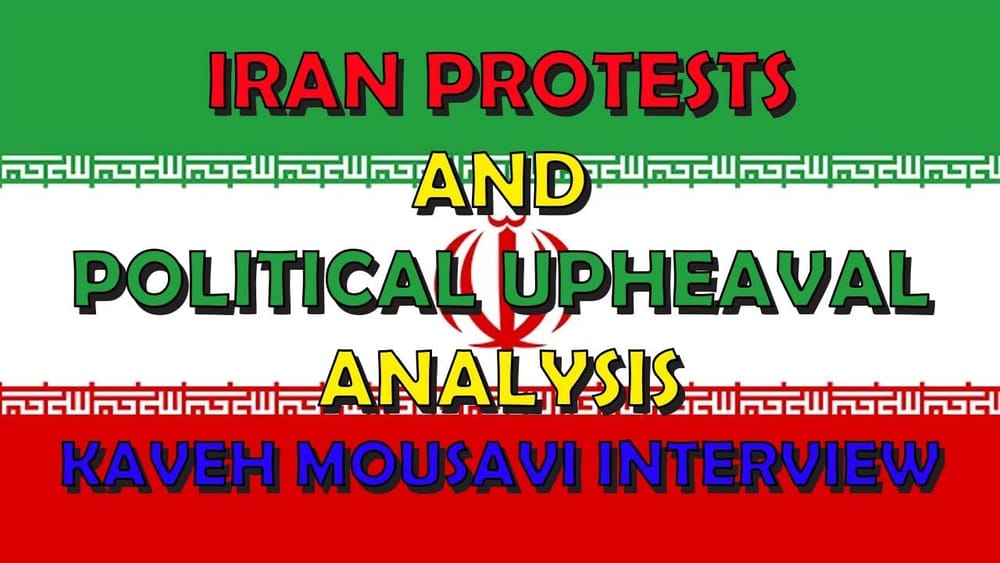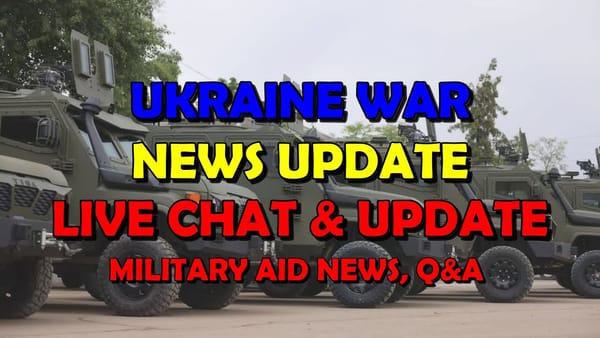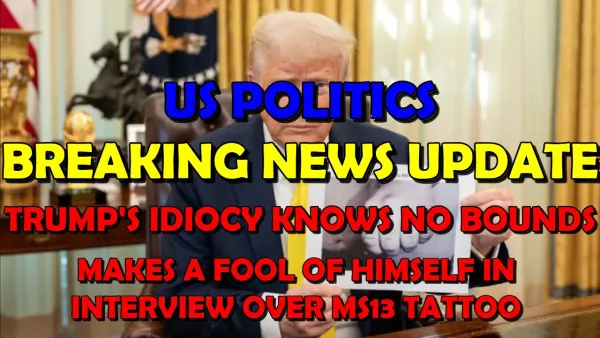Iran Protests and Political Upheaval Analysis: Kaveh Mousavi Interview
Table of Contents 📖
| Topic ID | Topic Title | Timestamp |
|---|
"I don't think anyone who lives here has any sense of normalcy or a return to the, you know, pre-protest situation. I think everyone believes that any small event can start the chaos again."
Hello Team!
Jonathan introduces his guest Kaveh Mousavi, an Iranian writer colleague from OnlySky. They discuss the difficulties in communicating due to Iran shutting down many online platforms. The interview covers the current situation in Iran with the protests, political upheaval, and touches on Ukraine, Russia and American politics.
Return to top⤴️
Background on Iran Protests
Kaveh provides context on the current protests in Iran:
- Roots go back many years, triggered by the killing of a young Kurdish woman by the Morality Police
- Protests escalated beyond just modesty laws to demanding the overthrow of the government
- Protests have mostly abated for now as the regime takes revenge with executions and imprisonments
- People are still very dissatisfied, no sense of normalcy - Iran is sitting on a "powder keg"
Protest Triggers and Scope
The protests attracted more attention due to:
- Iran's vulnerable position with economic sanctions and inability to resurrect the nuclear deal
- Return of the middle class to the streets in addition to working class protesters
- International media is more sympathetic to middle class protesters
Protest Goals - Democracy or Liberalism?
Kaveh questions the portrayal of the protests as "pro-democracy" in Western media. He sees no evidence protesters are asking for democracy, but rather:
- They have a negative attitude to the status quo
- They want more choice in how people dress
- They want a more secular and liberal society compared to now
- But not necessarily a more liberal form of governance
- Protesters are coalescing around the son of the Shah (Reza Pahlavi) who says he wants democracy but this is doubted
Current Political Situation in Iran
Kaveh outlines Iran's current political landscape:
- All power is consolidated in the hands of radical conservatives (supreme leader, president, parliament)
- They stopped the previous moderate president from returning to the nuclear deal
- Caused low turnout in elections which allowed them to regain power
- But now in power, they are not improving anything - economy and dissatisfaction are getting worse
Iran's Ties with Russia
With Iran's economic troubles and refusal to restart nuclear negotiations, their only option is to ally with US adversaries like Russia and China. Kaveh notes:
- It's not just a "marriage of convenience" - Iranian regime loves Putin and Russia ideologically
- Despite Russia's history of colonialism and harm to Iran
- Iranian regime is so anti-American they cling to anyone opposed to the US
Commonalities between Russia and Iran
Jonathan and Kaveh discuss the similarities between the Russian and Iranian regimes:
- Both are conservative, authoritarian "strongman" governments
- Both use rhetoric that the West will bring depravity and ruin traditional values
- Not necessarily a religious/ideological alliance but the philosophies of fascist ideologue Alexander Dugin are popular among Iranian conservatives
- Represents a turn to fascist ideology as the Islamic revolution's promises fade
Protest Outlook and Regime Stability
Kaveh believes the protests are not over, despite the current crackdown and "revenge":
- Any small trigger could reignite them, e.g. fuel price increases, death of the Supreme Leader
- People have returned home but no steps have been taken to address grievances or have dialogue
- Public anger and dissatisfaction is at the highest levels
- But the danger is political instability and potential civil war if regime change happens
- 15 million armed regime supporters won't allow a peaceful transition
- Tribal tensions and separatist movements could tear the country apart
Importance of the Nuclear Deal
Kaveh sees the revival of the nuclear deal as key to Iran's future:
- If it restarts, there is some hope for improvement and reforms
- If not, the economic situation will worsen and unrest will grow
- But a failed state and collapse would be catastrophic - current opposition is not armed/ready to take power
- The regime has engineered a situation where the only choices are putting up with them or apocalyptic societal collapse
Impact of Trump and Reaction of Iran
Jonathan asks about the impact of Trump ripping up the nuclear deal. Kaveh believes:
- If Hillary Clinton had won in 2016, Iran would be in a much better position now
- But the main blame lies with Iran's reaction and refusal to negotiate, even when Biden became president
- Iranian conservatives blocked the moderate Rouhani government from reviving the deal
- They feared losing power in elections if people were satisfied or hopeful about the country's direction
- Now in power, the conservative coalition can't agree on any policies beyond blocking the moderates
Path Forward for Iran
Kaveh sees Iran's only viable option as fixing its international relations and reintegrating into the global economy:
- Democratic reform is not possible without this - Iran is like a "patient with advanced cancer"
- Engaging Iran could empower moderates to enact further reforms, unlike in Russia where Putin has a stronger monopoly on power
- But Iranian conservatives are choosing isolation to maintain their grip, knowing opening up will weaken them
Wrap up
Jonathan thanks Kaveh for the fascinating discussion and his insights into the complex and troubling situation in Iran. He appreciates how Kaveh is bravely speaking out despite the difficulties and restrictions on free expression. Kaveh shares his frustrations with the internet shutdowns and how it affects his life and work. They express mutual admiration and hope to speak again about developments in Iran.
Return to top⤴️




